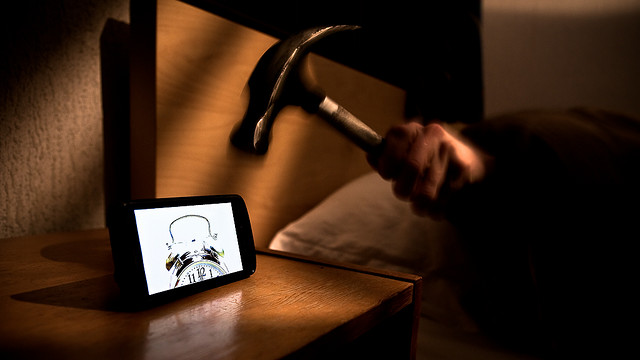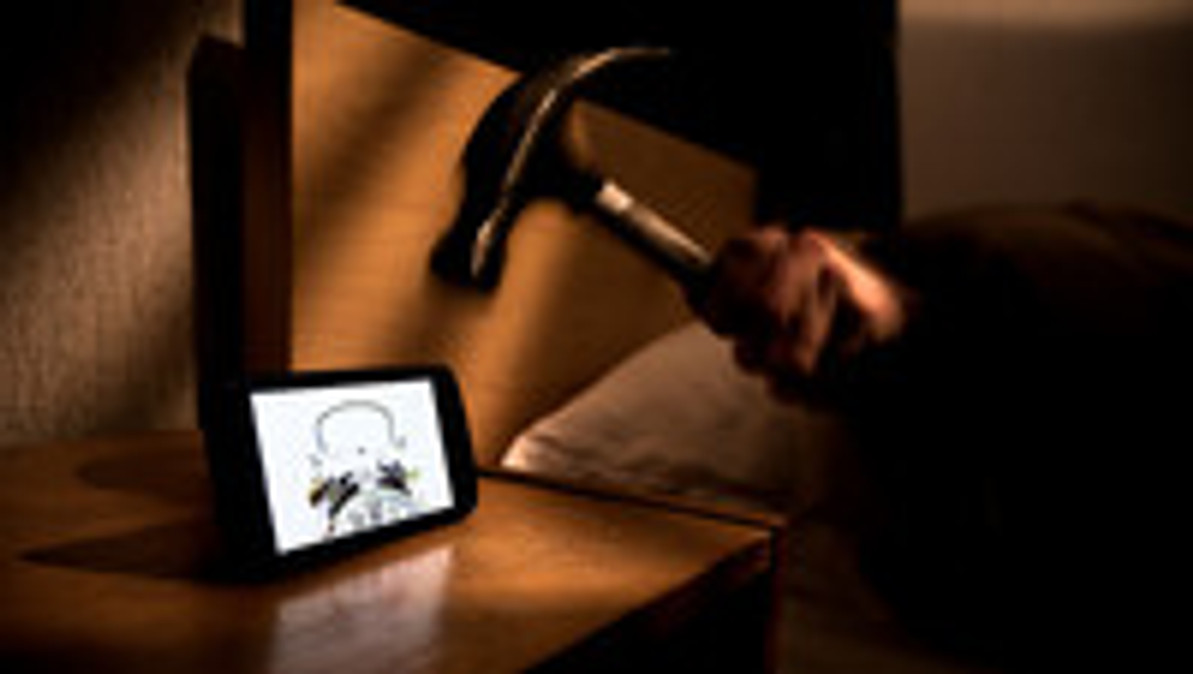How to Get a More Restful Night's Sleep

Do you struggle to fall asleep and/or stay asleep at night? Well, you aren't alone. According to some estimates, as many as 70 million Americans suffer from a sleep wakefulness disorder. It's frustrating when you lie down at night, only to stare at the alarm clock for hours on end. So, what steps can you take to get a more peaceful and restful night's sleep?
Avoid Caffeine
Consuming food or beverages that contain caffeine before bedtime -- even in small amounts -- can make it increasingly more difficult to fall asleep. As you may already know, caffeine is a powerful stimulant that works to speed up the systems and processes within your body. Subsequently, trying to fall asleep can be difficult. It's recommended that you avoid all sources of caffeine for at least 4 hours before you intended to lie down.
Follow a Sleep Schedule
What in the world is a sleep schedule and why you should follow one? A sleep schedule is exactly what it sounds like: a schedule in which you wake up and fall asleep at the same time everyday. People with sporadic sleep patterns are more likely to suffer from insomnia and similar sleep disorders. But if you're able to fall into a pattern, going to bed at or around the same time every night and waking up around the same time every morning, you'll reap the benefits of more restful sleep.
Exercise
Need another reason to exercise? Here's one: it may improve the quality of your sleep. By physically exhausting yourself through exercise, your body will have an easier time falling asleep and staying asleep. It's just that simple. Strive for a minimum of 30 minutes of light-to-moderate intensity exercise per day. Even if it's just a short jog around the neighborhood, doing so will go a long ways in promoting better sleep at night.
Eliminate Distractions
Arguably, one of the most important steps to getting a better night's sleep is to eliminate any and all distractions from your surroundings. This may include the television, your smartphone, light coming in through windows, sounds, etc. Ideally, your bedroom should be pitch dark and silent.
Recent Posts
-
Fire Safety in the Workplace: What You Need to Know
What steps are you taking to prevent fires in your workplace? According to the U.S. Occupational Saf …Aug 23rd 2023 -
Is It Safe to Go Jogging With a Cold Infection?
If you're suffering from a cold infection, you might be wondering whether it's safe to go jogging. T …Aug 22nd 2023 -
5 Safety Tips to Follow When Using a Powder-Actuated Tool
Powder-actuated tools are commonly used to join materials to steel and concrete. Also known as Hilti …Aug 20th 2023




